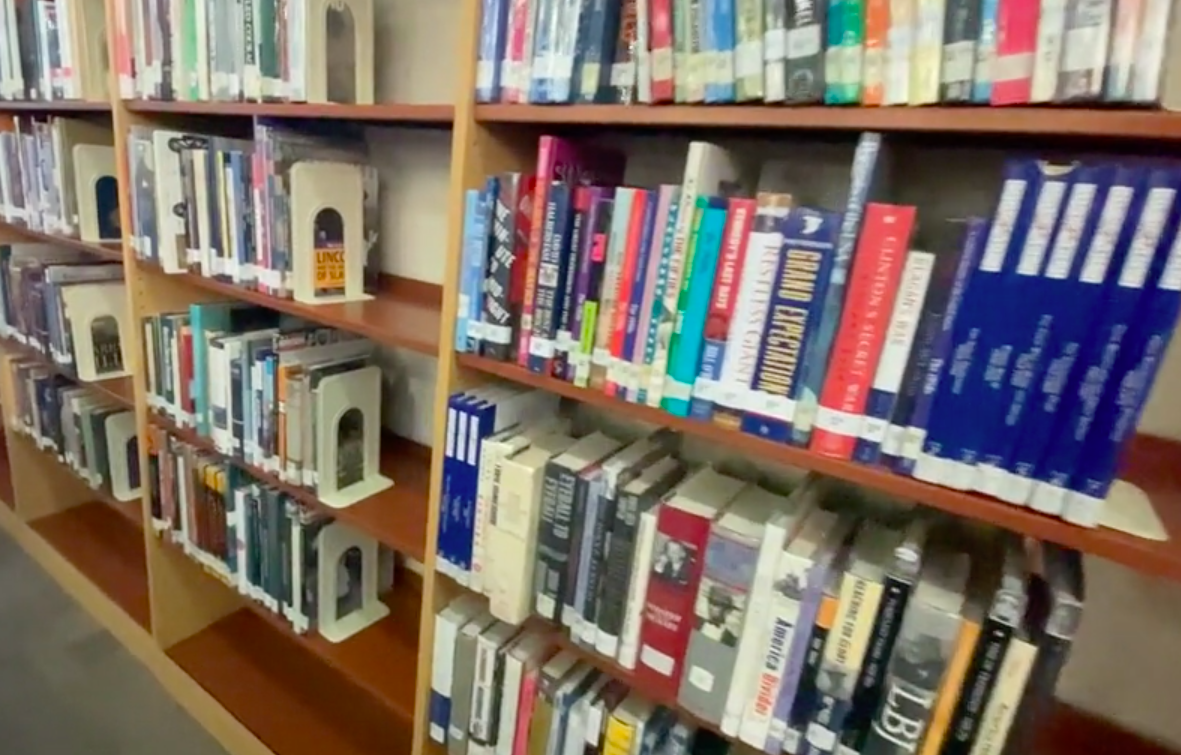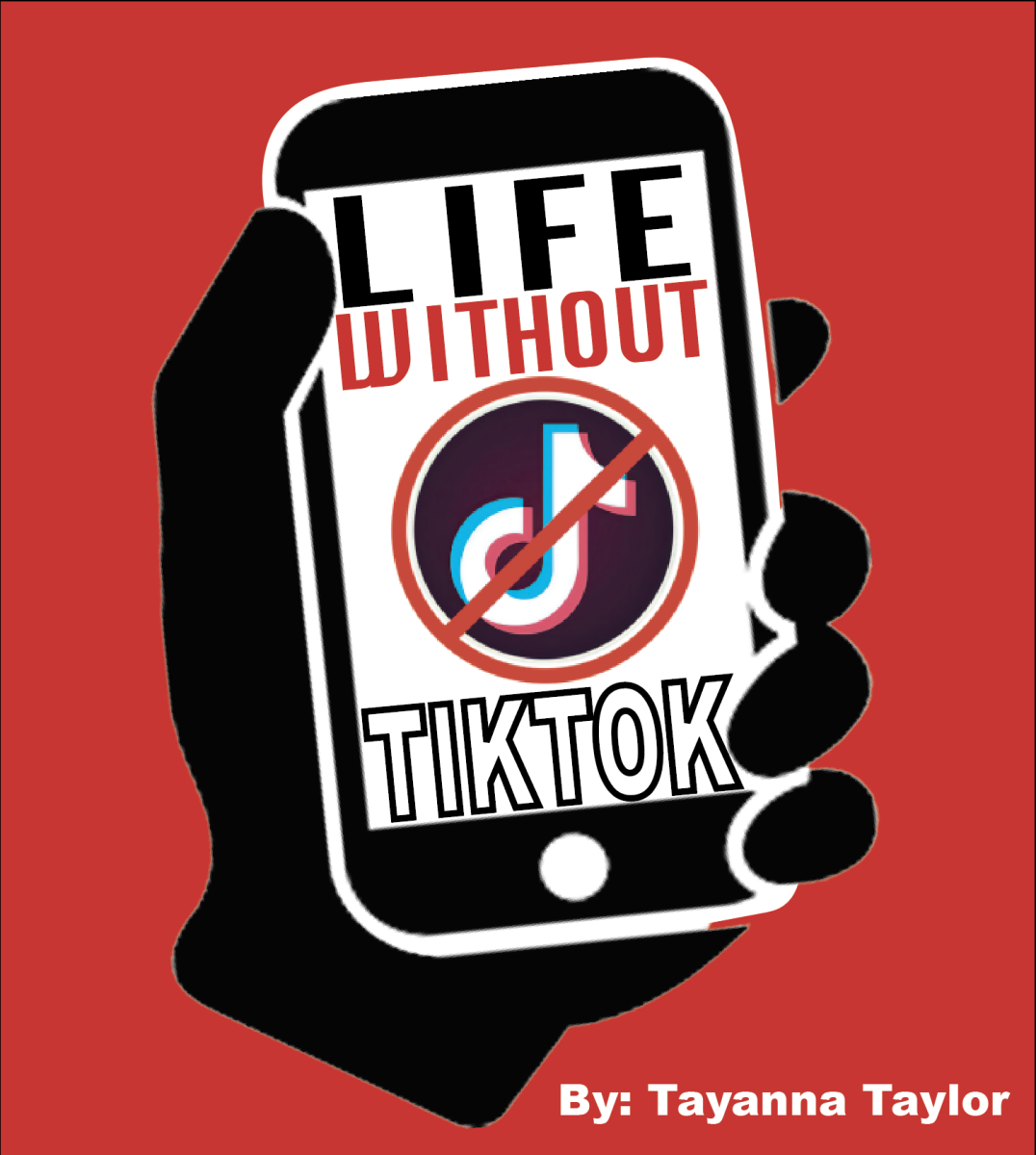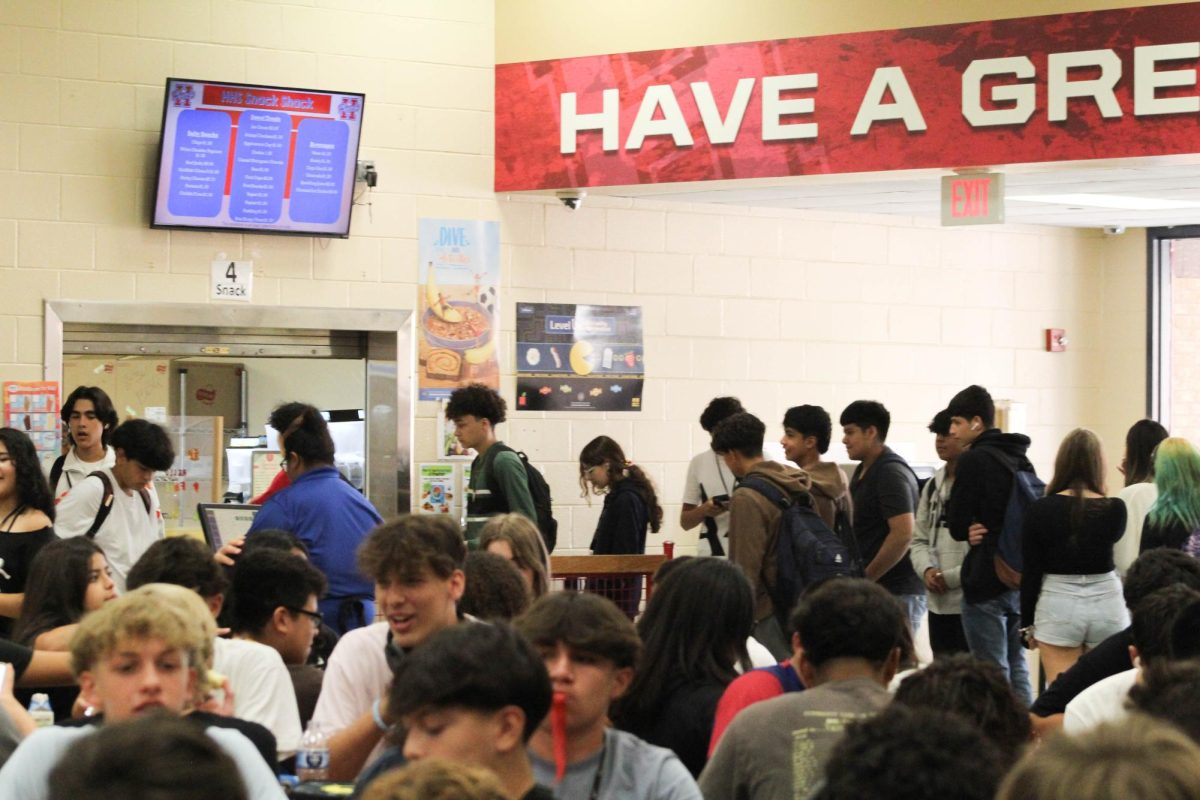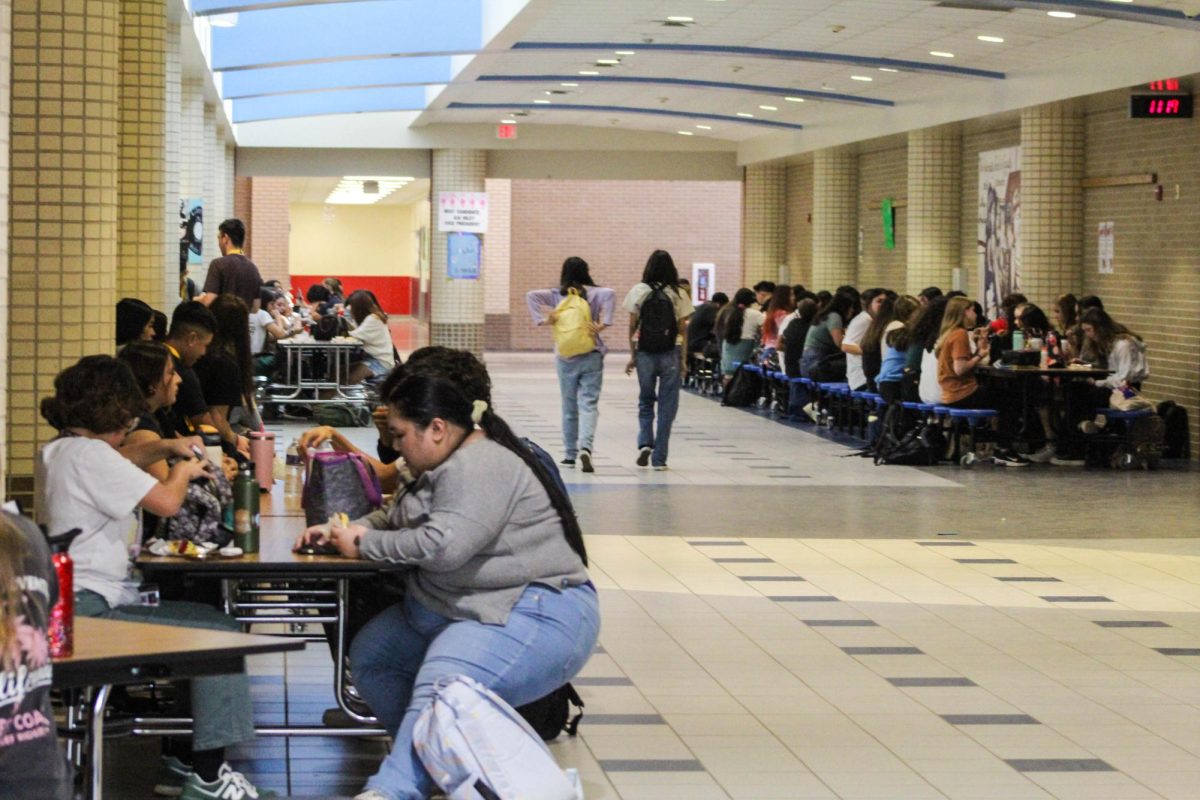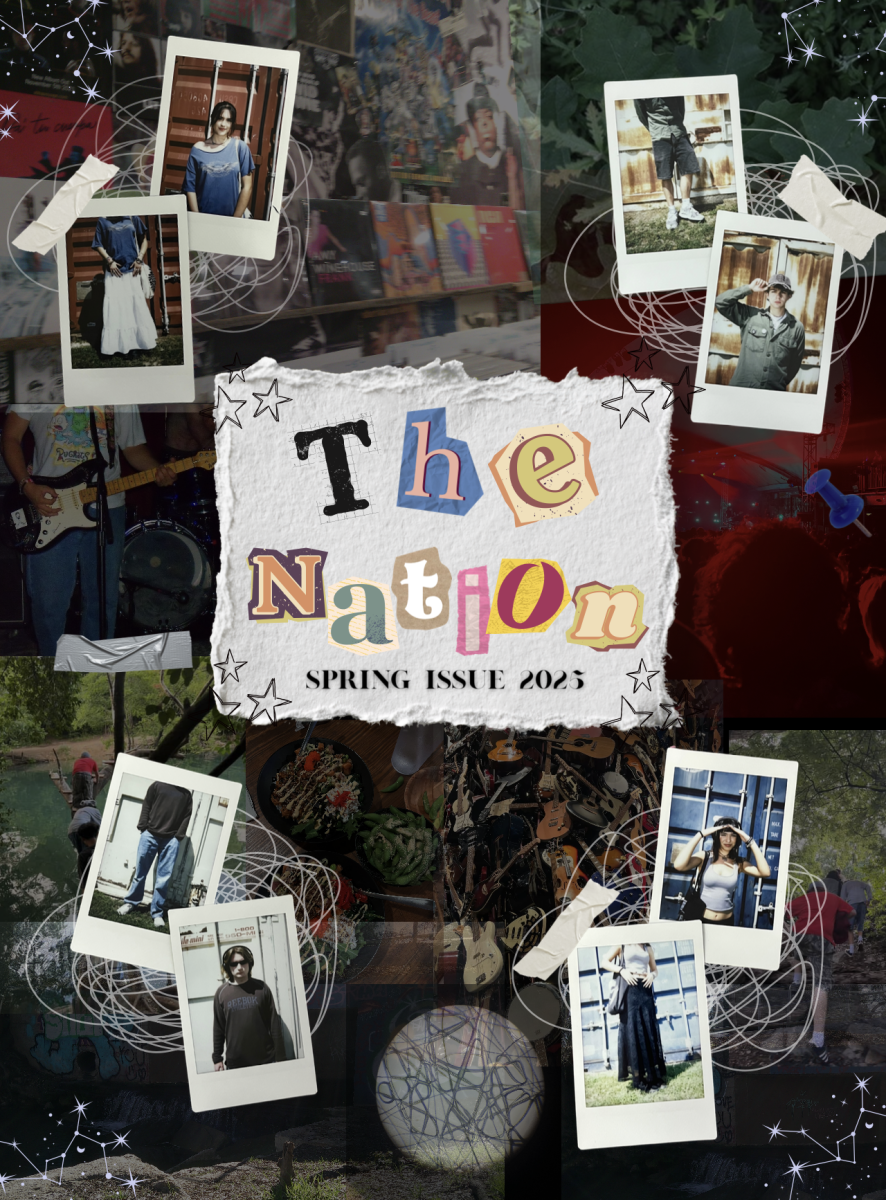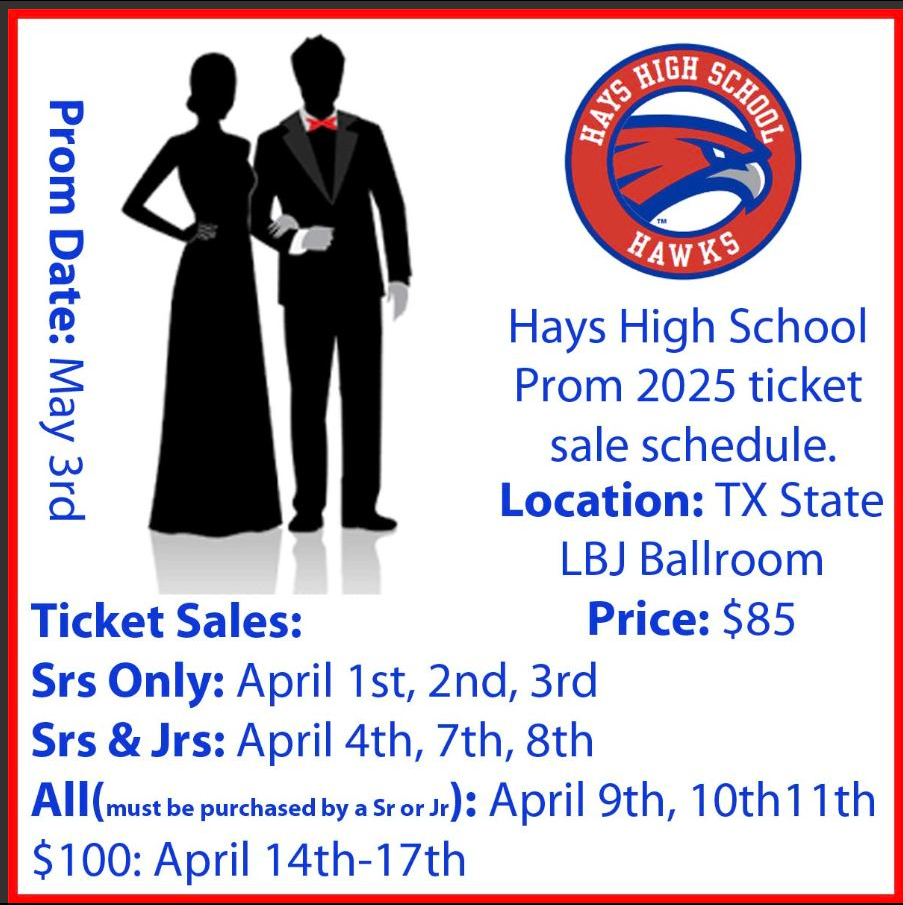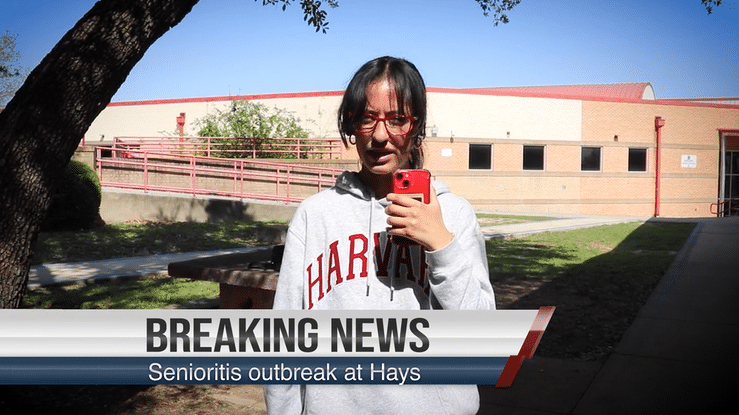“There are worse crimes than burning books. One of them is not reading them.”
– Ray Bradbury, Fahrenheit 451
This is a well-known quote to most who took 9th-grade English at Hays High School. However, those with only a vague memory of the book, having skimmed the spark notes for a B- on the test, might not even recognize it. ‘You get what you put into it’ is a term especially relevant to a high school English class where there’s a wide variety of work that students are actually putting in, regardless of the grades they may receive. Those who thoughtfully read each book assigned may leave the class with an A, a higher reading level, and some better comprehension of our human society (all to varying extents). Those who skim the book, retaining enough to pass the tests and complete the projects, might have a vague clue of the theme, storyline, and perhaps even factoids to throw into small talk to appear well-read or at least to fill the air. Then there are the ones who read the spark notes, watch the movie, or shamelessly make up all their responses to assignments as they go based on their abstract understanding of the book’s concept. After somehow passing the class, these students might go on to brag about how they passed without even touching the book, make fun of the ones who genuinely read and studied the story, and then it’ll be on to the next year of English. While the types of people mentioned may seem vastly different in terms of accountability and commitment to academic work, what they all have in common is that in a few years, if any, they will ultimately forget what they learned in high school. Every essay, poster, thematic analysis, class discussion, or group project will completely slip from their minds, all being left, if anything at all, will be hazy fragments for them to thoughtlessly mention when the familiar title comes up in a conversation.
Many might feel the need to refute this idea, scared the all-nighter essays were for nothing, but if asked how the presence of Fahrenheit 451 changed their adolescent lives, people will say they could’ve done with or without it. The books in the English curriculum are carefully chosen for their relevance to the students reading them, in hopes they might inspire and mold their teenage minds to be confident and insightful young adults, though it seems there are parents with the notions that these books aren’t modeling but corrupting their young children’s minds.
This year, the term “book bans,” has been thrown around a lot, leading people to fear for their rights to what they read in school. In Katy ISD, Katy, Texas, 16 books have been banned since 2021, with an additional 14 books this school year after the district expanded the terms a book could be pulled for review, adding “nudity” to the definition of inappropriate material.
“The extent to which Texas has banned books is laughable. I agree that pornography has no place in school libraries, but the idea of pornography has has formed a hearth that spreads to unreasonable means. We live in a state where children cannot read Captain Underpants at their school library because it holds ‘violent imagery’ and ‘has a gay character.’ I read Captain Underpants as a kindergartener and I did not notice that any characters were gay, nor did it alter my sexual orientation or preference through reading it,” Donovan Santine, 12.
Americans are known for their love of their constitutional rights, as they are a defining quality of the country. What’s America without freedom? At the slightest shape of threat to any of the American constitutional rights, people are quick to jump, guns blazing in a revolutionary fashion, on the principle of their existence being jeopardized.
“The whole point of the US Constitution Bill of Rights is to keep the government in check so we don’t have things like Anthem which are even against you know communist societies that are heavily oppressive societies, or like 4:51 that limit people’s ideas. It’s almost un-America to limit those books because there’s no sexual or offensive content in there the content in there is offensive to the government in a sense to oppress ideas to this number is ridiculous, especially in the land of the free,” said Alexander Gilbert, 10.
While the idea of losing the right to read what we want in school is alarming, what guaranteed right was there to begin with? Who said schools will always be allowed to teach what they see fit? People are outraged at the thought that they wouldn’t be allowed to read what they want, and teachers are worried about what quality of content their curriculum will end up with. While both concerns are reasonable, they are, at the root, very different. Students are upset by the threat of “book bans,” but is it the freedom of intellectual pursuit that is being threatened, or is it the power of choice?
How ironic it is that a person who never read the book would say banning that book was wrong. How unfortunate it is that whether the book was in libraries or not, it wouldn’t make a difference, being that students never read it. This contradicting phenomenon leaves a question: why does banning the book even matter? In contemporary society, what danger do book bans really hold when people don’t read books but skim spark notes, the news doesn’t come from newspapers but from Tic Tock reels, and media consumed by the masses isn’t from books but little metal and glass rectangles that produce pixels of light forming images of lives that we’re not living.
As it stands, there is no legislation that has gone through our higher powers and has been legally implemented in schools; though, in the back of people’s minds, looming above school libraries is the shadow of some restrictive legislation to come, as for what this will mean for the education of young Americans will depend upon how the dice will ultimately roll.

